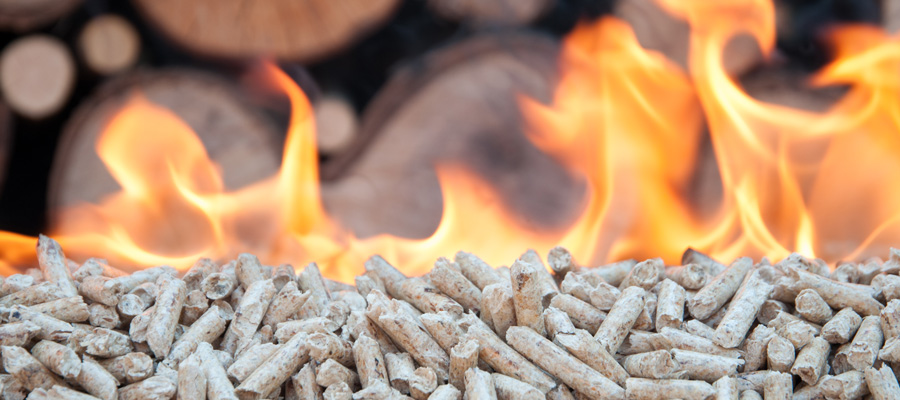To Tax or Not to Tax — That is Not the Question!
It was disappointing to read Mark Jaccard’s sensational, but grossly misleading forecast of massive job loss if the NDP eliminates the carbon tax. Sure, if the NDP axes the tax and implements a cap and trade on large emitters to extract all the GHG reductions needed to achieve B.C.’s targets, there would be a huge impact on industry.
But there is no reason to believe that the only thing the NDP would do is cap and trade. There are other ways to reduce GHG emissions besides implementing cap and trade, even without a carbon tax. There are, for example, additional investments that could be made in transit and energy efficient technologies, reversals of policies that subsidize the development of new mines and other energy intensive industry, additional regulations governing energy use. The NDP would undoubtedly pursue at least some of those alternatives to help offset whatever impacts the elimination of the carbon tax would have. They may not be as economically efficient as a carbon tax, but nor would they be so devastating as Jaccard would have us believe.
But as disappointing as Jaccard’s crusade against the NDP was, John Robinson and co’s op-ed in the Vancouver Sun this past weekend (excoriating the NDP and lavishing praise on the Liberal’s carbon tax) was almost too much to bear. In their unabashed effort to pick political sides, they completely missed the key policy issues that need to be addressed.
The Liberal’s tax, as currently proposed, is too modest to have a significant effort on carbon emissions. If the tax is retained and is to form a central part of the emissions reduction plan, we need to consider how high the tax proponents will demand that it go – more to the point, how high the politicians will let it go. It would be nice to discuss, and for the proponents and politicians to be transparent, on where this is going.
Also, the carbon tax is technically flawed. The objective of the tax is to achieve specified target reductions. But reductions in gasoline and other fossil fuel use will depend on their total price, not simply the tax component. The size of the tax that is needed with crude oil at $50/ barrel is a lot more than at $150. The question is: how do the proponents think this problem can or should be fixed – how are they proposing that the tax be linked to the price of crude oil and other fossil fuels.
The most troubling policy issue, and one the proponents are curiously silent on, is the notion that carbon taxes should be revenue neutral. Since the tax is levied on carbon emissions precisely because of the climate change and other costs those emissions may have, surely the revenues from the tax should be dedicated at least in part to offset and mitigation measures.
It is almost certainly the case that investing carbon tax revenues in carbon-reducing measures, like additional transit, or climate change mitigation measures, like additional flood control or crisis preparedness, would be far more significant than the behavioural effect of the tax itself. The use of gasoline and most other fossil fuels is what economists like to describe as inelastic (relatively unresponsive) to price. A modest increase in the price will not have much effect on consumption.
Of course revenue neutrality provides a nice political spin. But isn’t the point to get away from political spin. The proponents of the tax are adamant we must meet our reduction targets. We won’t get there without public investment; and we won’t get the public investment if new sources of revenue are not available for that purpose. If it isn’t revenues from a carbon tax, it would be nice to know where the new sources of revenue will come from.
The issue is not simply to tax or not to tax. The issue is how to tax if that is part of the plan, and what else must accompany it. It’s the package, not one component, and currently a small one at that, that needs to be addressed.
Topics: Climate change & energy policy, Environment, resources & sustainability


